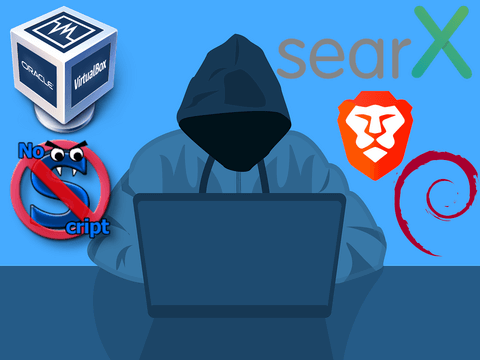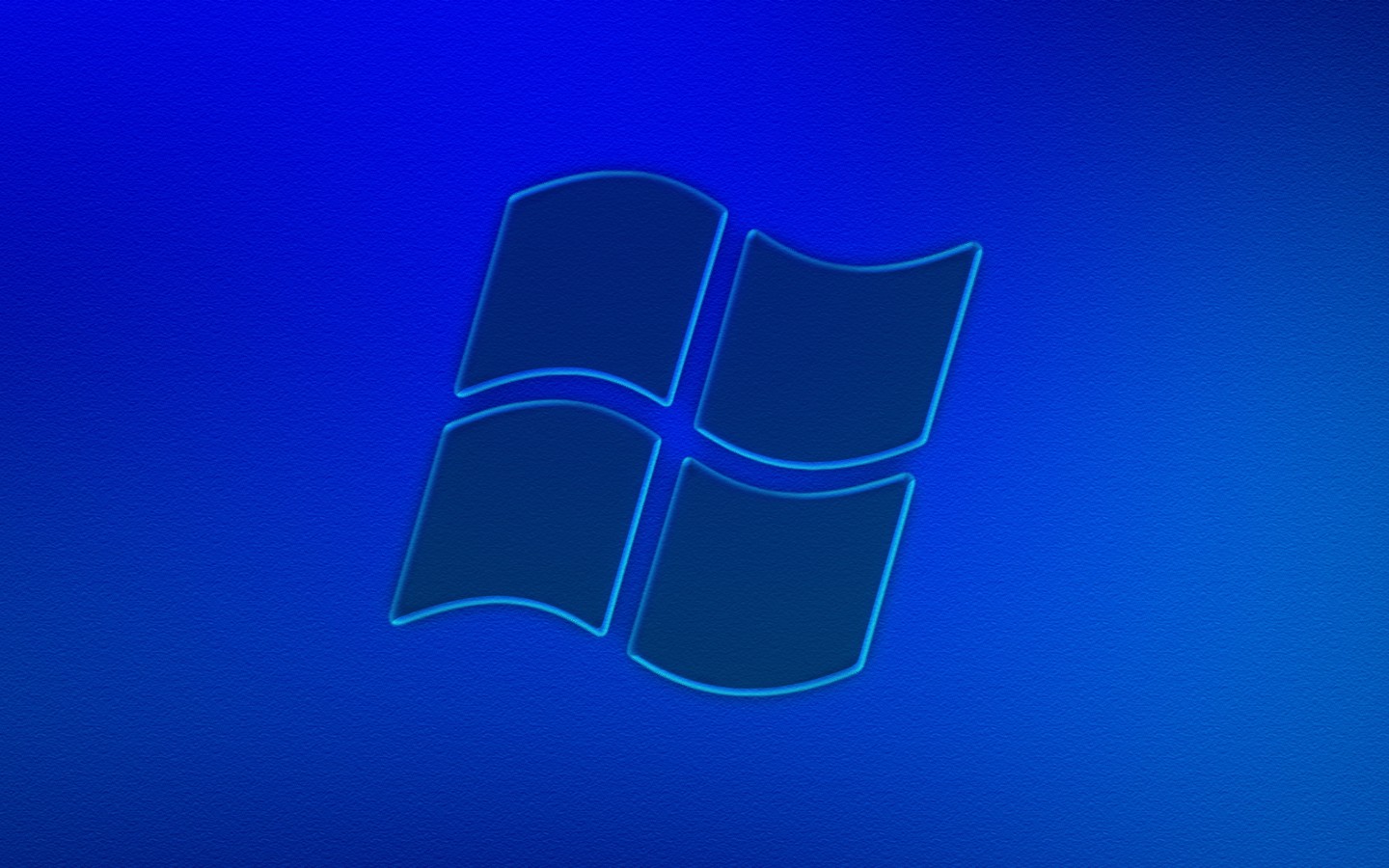How to Stop Browser Fingerprinting
Now we’ll discuss some tactics to actively avoid fingerprinting

Avoiding fingerprinting
In our previous article, we learned what browser fingerprinting is and some of the privacy dangers of having big tech companies or even random small websites fingerprint you, as the companies sell or share data with the bigger database advertising firms. Now we’ll discuss some tactics to actively avoid fingerprinting, which include:
a) Using Browsers with Blocking Features
b) Using a Variety of Browsers
c) Disabling Javascript
d) Using less tracked mirror websites
e) Using Virtual Machines
And if you really want to learn privacy techniques, subscribe for free to our new content by email, by Session messenger, RSS feed, or Nostr.
Use a Browser with Blocking
Some browsers have fingerprint blocking features built into them; you just have to use them correctly. For example on the Brave browser, go to the privacy section. Block Cross Site Cookies and then turn Fingerprinting to Strict. The strict fingerprinting setting in Brave primarily prevent websites from knowing your exact screen resolution and browser version. While this has a positive effect on privacy, it sometimes may have a negative effect on actually viewing content or using the website.
This is because the website can’t see the correct size of the browser window and therefore misplaces key elements of the site. For example, cryptocurrency brokers may have the charts not display numbers properly. Or a Google Doc might be completely unreadable.
If you set the fingerprint mode on Brave to Standard, you get some benefit, but it’s not that great. It’s mostly just hiding the browser version, not your screen resolution.
How to Test Your Fingerprint
Am I Unique?
One way you can test to see what can be seen under different settings or browsers is to go to a fingerprinting website that gives you a readout. Our favorite tool for this “Am I Unique,” which gives you the statistical breakdown on how common each of the characteristics of your fingerprint are, so you could potentially change them to be more common:
https://www.amiunique.org/fp
Keep in mind that Am I Unique is biased to a computer savvy audience interested in Privacy. For example, when I ran a test, it told me that Linux makes up 49% of its audience. But we all know that 49% of global home web users aren’t using Linux. But I could believe that 49% of its users who care about their browser fingerprint are using Linux.
EFF
Another reliable and trustworthy tool is from the Electronic Frontier Foundation:
https://coveryourtracks.eff.org/
GoLogin
And finally there’s a GoLogin tool with a pretty interface:
https://gologin.com/check-browser
Using a Variety of Browsers
Another easy way to reduce (but NOT completely avoid) browser fingerprinting is to use different browsers for different things. This helps with both fingerprints and cookies.
Maybe you login to Twitter on Firefox. Then you use Brave for reading about politics. You login to your bank on open source Chromium. (Avoid actual Google Chrome.) Then use Tor Browser for looking up an embarrassing medical condition.
Each of these different browsers will give a SOMEWHAT unique fingerprint since its built-in privacy features will differ. While this strategy is the least effort, it also is the least effective because only the browser type and cookies change while most of your other characteristics remain the same depending on each browser’s privacy features.
Disable Javascript
Javascript is the primary language/tool used by websites to fingerprint and identify you. Not only can Javascript fingerprint, but it can actually run code you can’t preview first on your computer that can do malicious things, such as reveal your IP address through Tor, figure out your computer’s MAC address, or identify your motherboard and processor based on calculation speeds.
Unfortunately most websites use Javascript, so completely living life completely without it would be incredibly difficult. But let’s go over the many options you have…
Direct Viewing
However, many websites have some limited functionality with Javascript that you can take advantage of. For example if you aren’t boycotting Amazon, you can browse through items, but not actually buy it without Javascript.
Another example is you can view most of the content on Reddit, Wikipedia, or do Brave and DuckDuckGo searches without Javascript.
Indirect Front Ends
Not only do many sites have a lot of functionality without JavaScript, but there are alternative open source mirror front ends which are hosted on separate decentralized and dispersed servers which can serve you the same content as the centralized site. This allows you to view the content while never actually visiting the website and being fingerprinted or running JavaScript.
An example of this is Nitter.net, which gives you the exact same content as Twitter but without Javascript. Also Nitter is available with Tor Onion links. We wrote an entire article just about Nitter and provided a list of instance links for it here.
Other examples of open source front ends include:
Spyware Site Open Source Front End
Twitter Nitter
Wikipedia Wikiless.org
Reddit Teddit
Google Search Whoogle & SearX
Youtube (desktop) Freetube
Youtube (android) NewPipe
iTunes Podcasts (phone app) Antenna Pod (F-Droid app that searches iTunes)
LibreDirect
You can use the browser extension LibreDirect to automatically forward you to these no-javascript front-ends. This allows you to view a huge part of the internet without javascript.
Mirrors are faster
Not only do mirrors like Nitter increase your privacy, but it’s faster to load without the spyware and deprives Twitter of advertising revenue. This is excellent since Twitter promotes an agenda of censorship and centralized command & control.
Alternative Websites that use Javascript
So the mirror instances we mentioned earlier work without JavaScript. Other alternatives require JavaScript, but allow you to avoid the Big Tech company from being the one that does it. Please see the table below for our suggested list. You can actually use most Big Tech products even if they aren’t on this list without being browser fingerprinted by them if you use these mirrors or alternatives:
Google Maps OpenMaps.org
Google Search SearXNG
Dropbox & Google Docs Nextcloud
Facebook RSS Feeds
Skype / Zoom Jitsi Meet Big Blue Button
Talking to Gmail Mailvelope.com
A great resource to find alternative platforms that have less spyware is Alternative To:
https://alternativeto.net/
Questions?
Your personal data is being sold by people you hate. But you have the power to stop it.
If you have any questions about how to avoid browser fingerprinting, please reach out and book a custom consultation with Simplified Privacy. We can custom tailor advice specific to your needs and be end-to-end encrypted on easy to download and use apps such as Signal or Session for anonymous cryptocurrency.
If you really want to learn and take your privacy to the next level, subscribe to our new content via: Podcast RSS, Session list, Nostr, Bastyon, Article RSS, or join the Signal Group
Related Posts

Even without Linux, Why use our VPN?
What's the Difference?
[SP]
May 21, 2025

Windows VPN Tutorial
Easy and Fast Tutorial for Windows Users.
[SP]
May 21, 2025

Questions on Server-side Code
Some are asking about our servers
[SP]
May 19, 2025

iPhone (or iPad) VPN Tutorial
Easy and Fast Tutorial for Apple iPhone Users.
[SP]
May 18, 2025